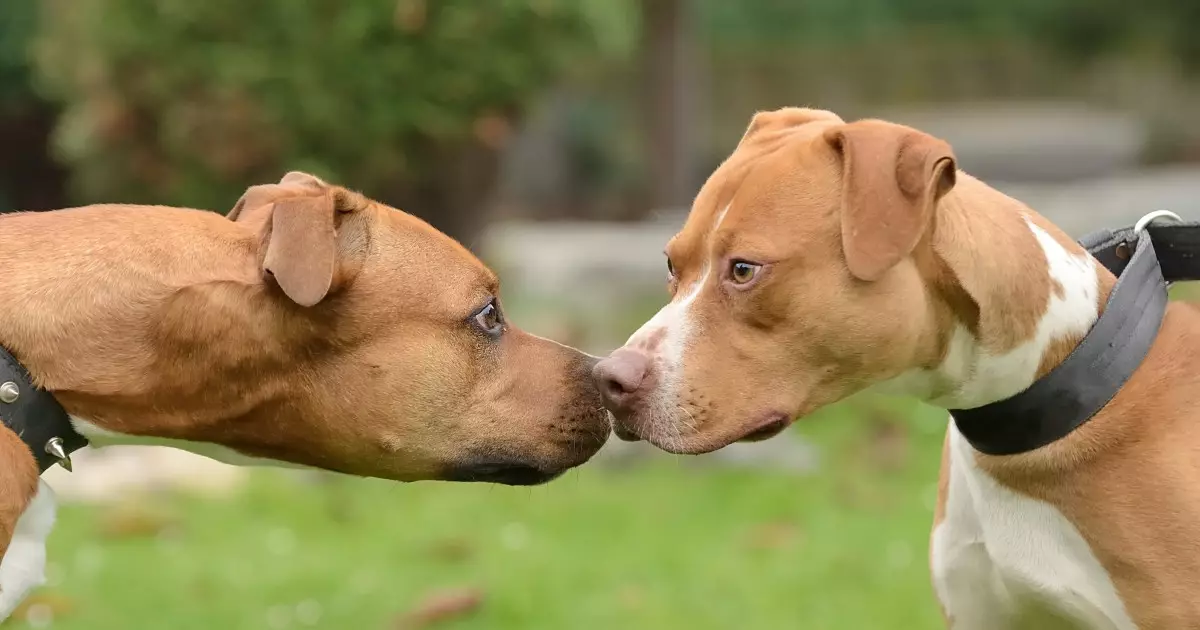The perception of Pit Bulls in society is often marred by a series of misconceptions and negative stereotypes. While it is true that these dogs were originally bred for bull-baiting and dog fighting, it is imperative to understand that their inherent traits do not predestine them to be aggressive. Rather, their behavior can be attributed to various social, environmental, and genetic factors. Addressing these issues is vital for changing public perception and fostering a more inclusive understanding of this breed.
Understanding the Roots of Misunderstanding
The history of Pit Bulls has contributed significantly to their current reputation. Initially bred for strength and resilience, those traits were exploited for combat purposes, leading many to label them as inherently aggressive. However, the act of breeding for certain physical properties does not equate to breeding for temperament. With proper training and care, many Pit Bulls demonstrate affectionate and gentle natures, proving that they can thrive as loyal companions and family pets.
In fact, the real issue lies in how these dogs are raised and treated. Studies have shown that any breed, including Pit Bulls, can display aggressive behavior if subjected to violence or emotional neglect. Thus, it is crucial to emphasize responsible ownership and humane treatment, which can counteract negative behaviors and promote healthy interactions between dogs and humans.
Factors Influencing Aggression in Pit Bulls
While genetics can play a role in a dog’s temperament, it is far from the sole determinant. The environment in which a Pit Bull is raised can considerably influence its behavior. Dogs that endure abusive experiences during their formative years often associate humans with pain, leading them to develop fear-based aggression as adults. Conversely, those who experience love and socialization grow into well-adjusted pets who exhibit affection and loyalty.
Socialization is another key aspect that deserves attention. A Pit Bull that has limited exposure to various stimuli, such as different people, animals, and environments, may become fearful and reactive. This is not just unique to Pit Bulls; many breeds thrive on social interaction and need to learn how to interact positively with their surroundings.
Additionally, the environment plays a pivotal role. Pit Bulls exposed to high-stress situations or chaotic households may exhibit aggressive tendencies. Feeling threatened by their surroundings can elevate anxiety levels and lead to defensive measures. Therefore, creating a stable and calming environment becomes paramount in nurturing a well-behaved dog.
Addressing aggression in Pit Bulls or any breed requires a proactive approach. Firstly, selecting a reputable breeder is essential. Responsible breeders prioritize temperament and behavior in their breeding practices. This ensures that puppies are more likely to develop into stable adults instead of being subjected to genetic predispositions toward aggression.
Early socialization represents another crucial factor in preventing aggression. Introducing a puppy to diverse environments, people, and experiences helps lay the foundation for a well-rounded dog. Activities like group training classes or play dates with other dogs can drastically reduce anxiety and fearfulness in the future.
Providing a stable home environment cannot be overstated. Simple acts of ensuring that a Pit Bull has access to comfortable sleeping quarters, regular meals, and exercise can mitigate stress. Routine and structure can make a significant difference in a dog’s sense of security.
Training techniques rooted in positive reinforcement also foster trust and understanding between a dog and its owner. A reward-based approach allows dogs to associate obedience with positive outcomes, thereby encouraging good behavior without fear of punishment.
In cases where aggressive behavior arises, seeking help from qualified professionals becomes crucial. Certified animal behaviorists or trainers can provide invaluable insight and techniques to manage and rectify undesirable behaviors. With comprehensive training and diligent management, most Pit Bulls can evolve into gentle companions, highlighting their capacity for love and loyalty rather than aggression.
The narrative surrounding Pit Bulls is multifaceted and deeply rooted in history, environment, and treatment. By understanding these factors and taking proactive measures, we can help correct misconceptions and provide Pit Bulls with the loving homes they deserve.

